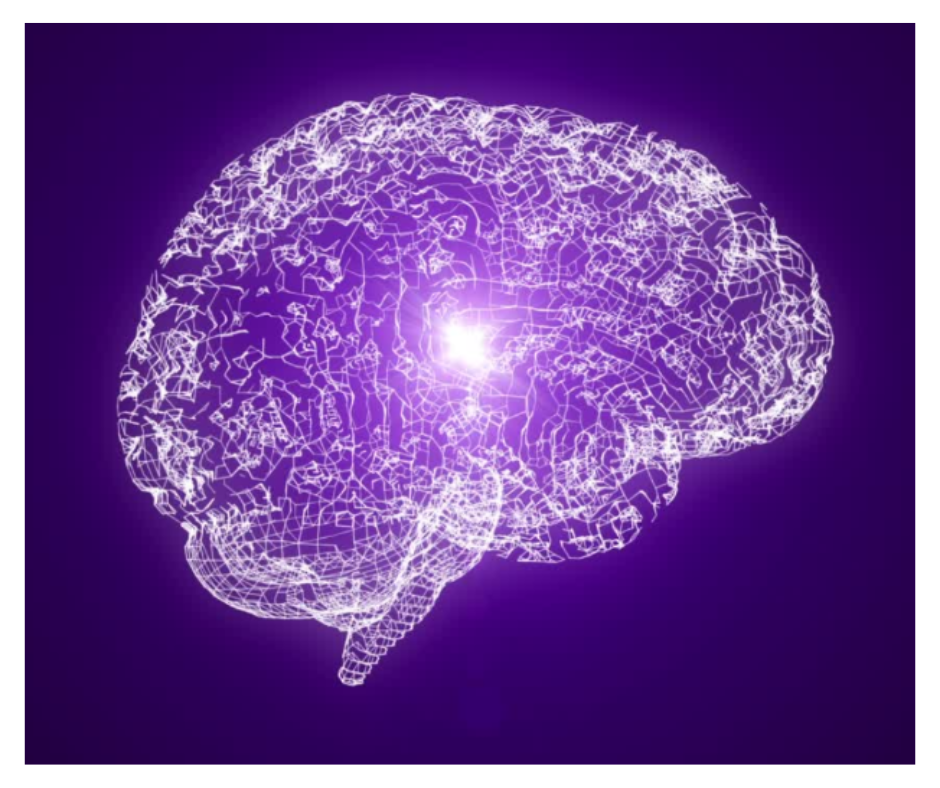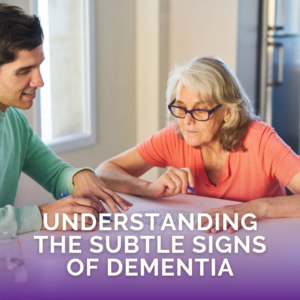A growing body of research shows that exercise is just as beneficial for the brain as it is for the body. One type of exercise stands out above all others: aerobic exercise.
People might be able to reduce their risk for Alzheimer’s disease and memory loss simply by exercising, even if they are genetically predisposed to the disease. Exercising benefits the brain in more ways than just preventing disease. Exercise improves brain health in a variety of ways. Increasing the heart rate causes the brain to receive more oxygen. Exercise also increases levels of brain-derived neurotrophic factor (BDNF), which protects and repairs brain cells as well as contributes to the growth of new neurons and brain cells.
Running and swimming appear to be the best exercises for brain health. Pick something you enjoy, that is accessible, and that fits your needs. You might prefer a low-impact exercise like swimming or biking if you suffer from joint pain or problems. You may also choose to walk, run, cycle, swim, do aerobics, or use home exercise videos.
A regular cardio exercise program is important for any age group, but older adults probably have more to gain from starting (or continuing) an exercise program. Cardio not only strengthens your heart and lungs, but it also gives you more energy, sharpens your mind, helps you lose weight, and can even keep you feeling young and energetic.











